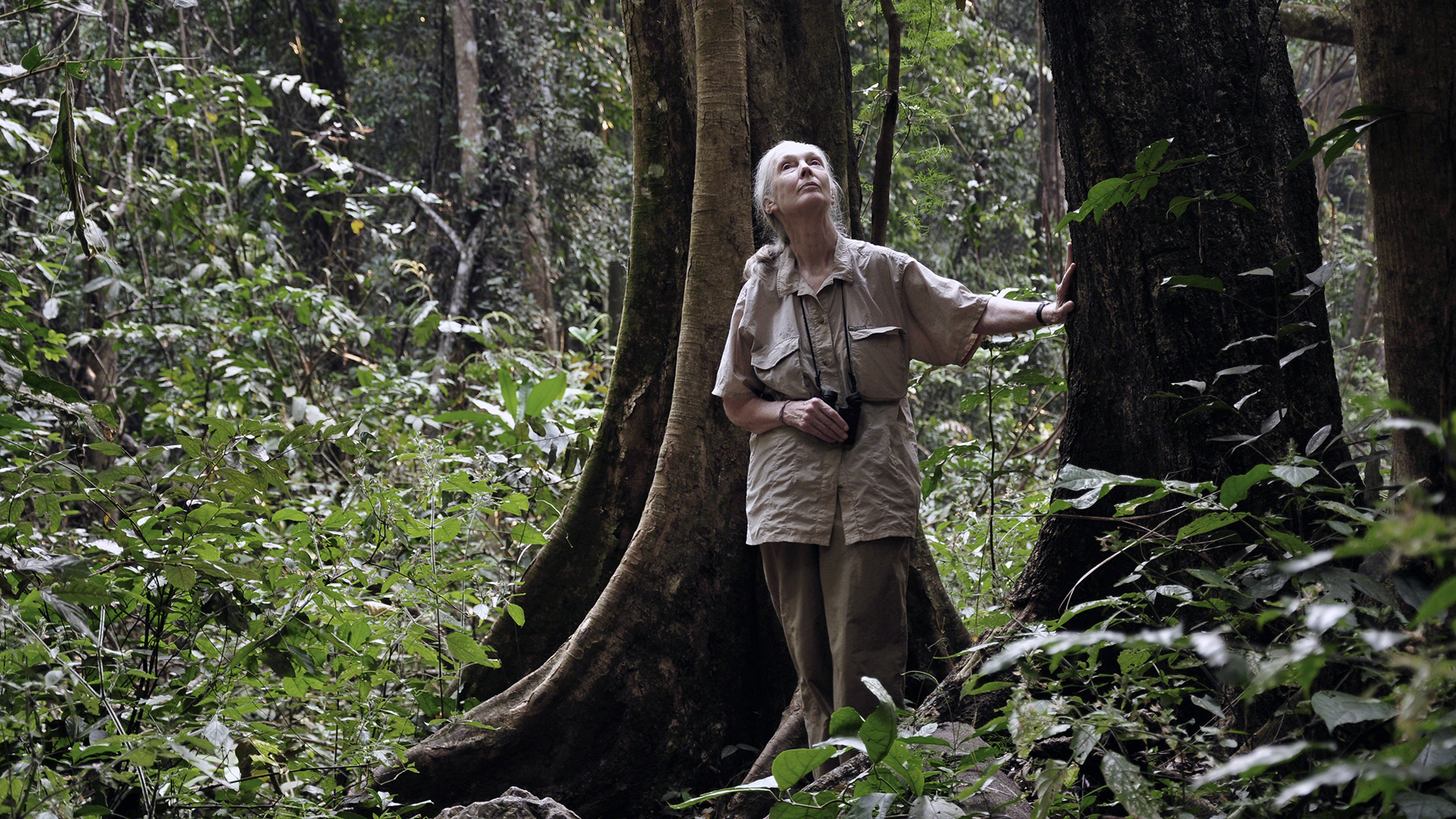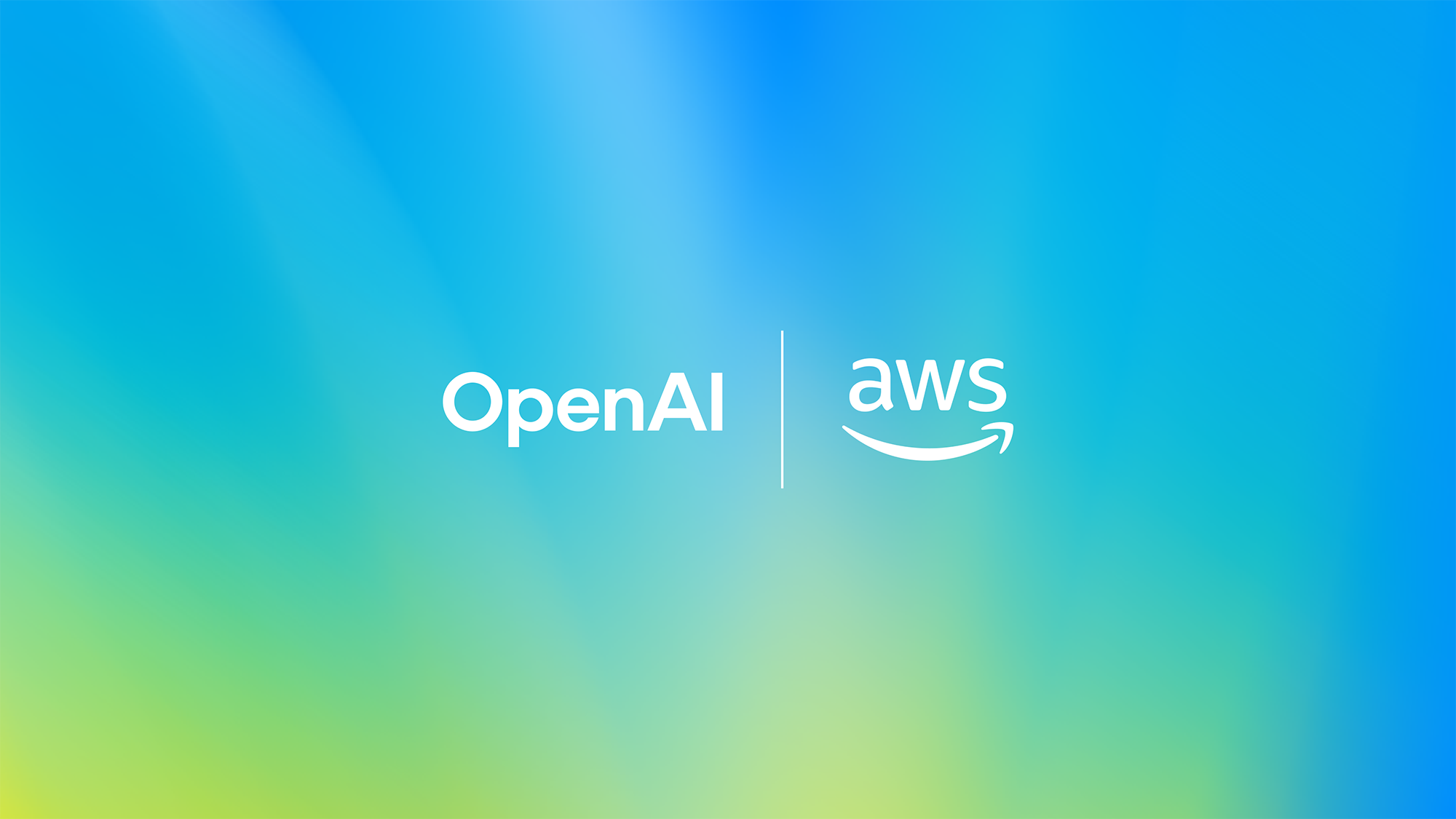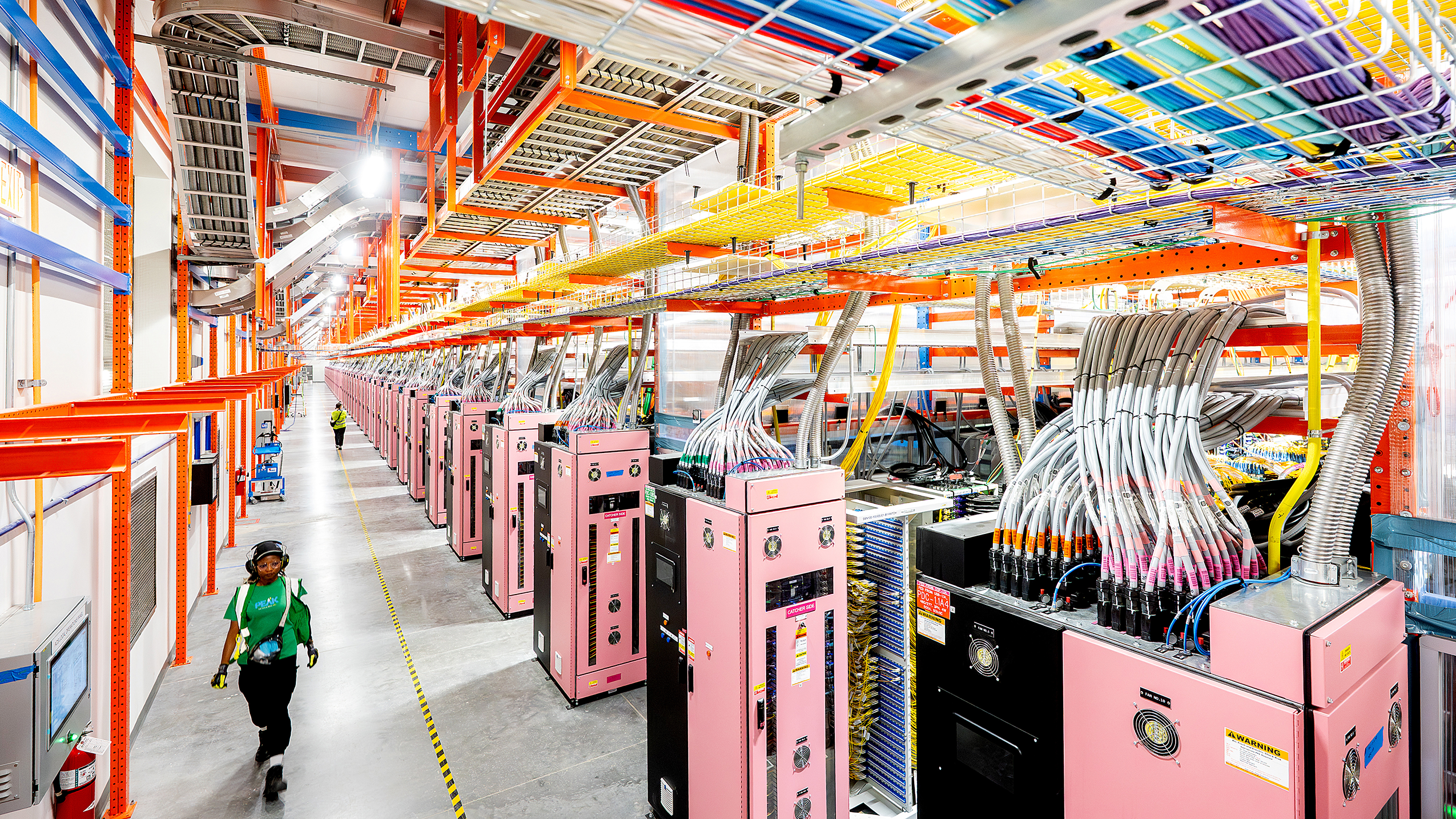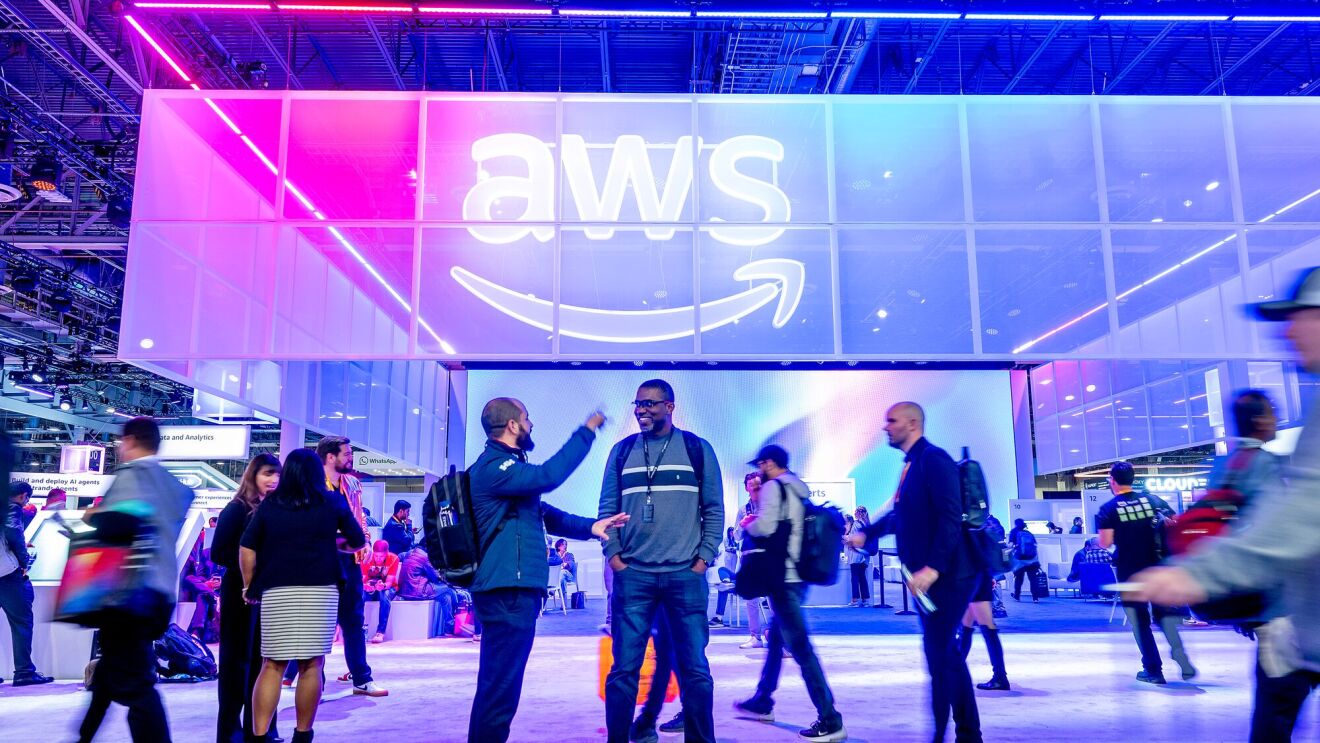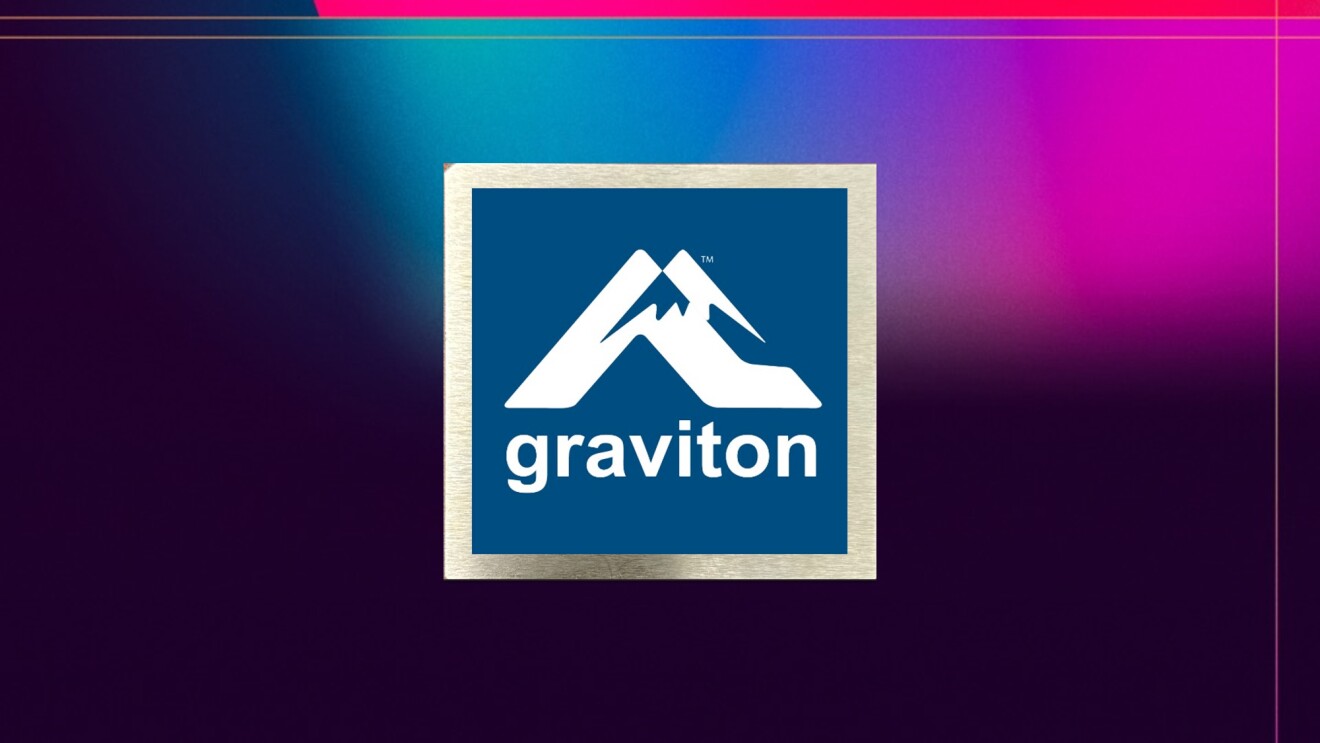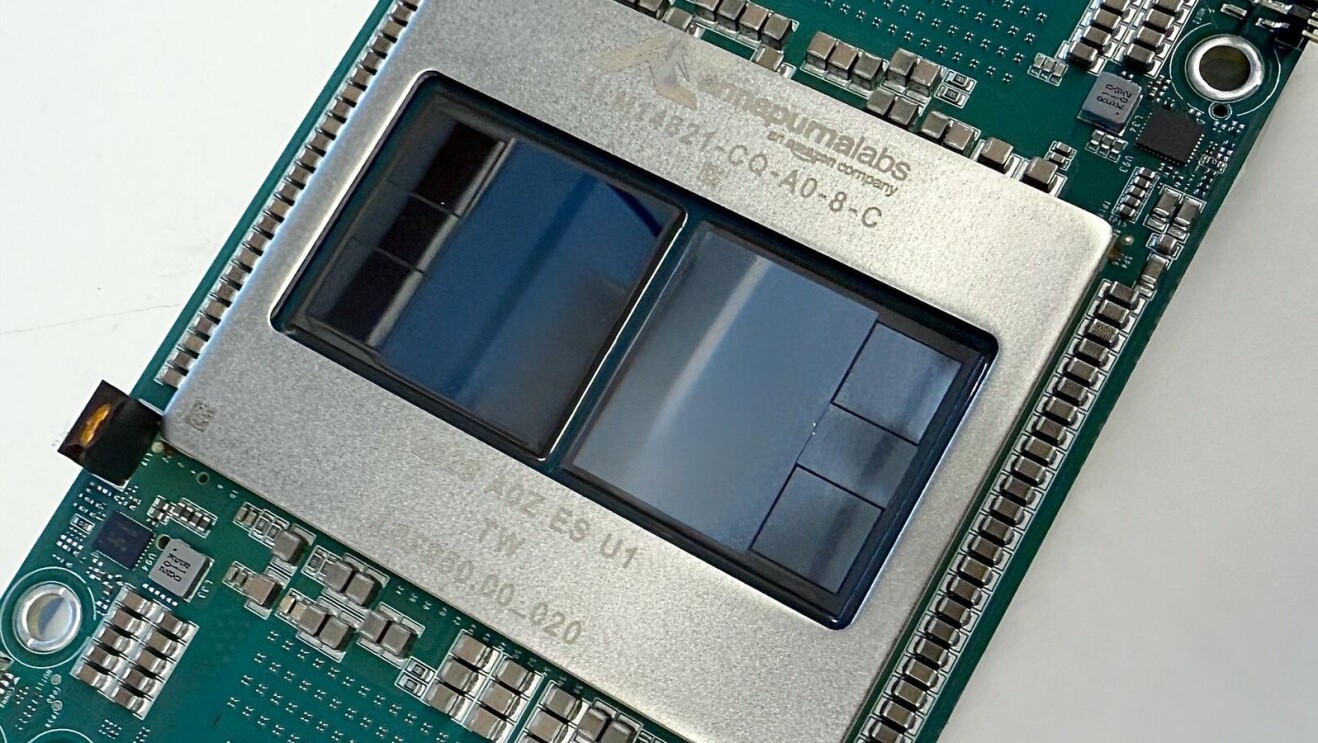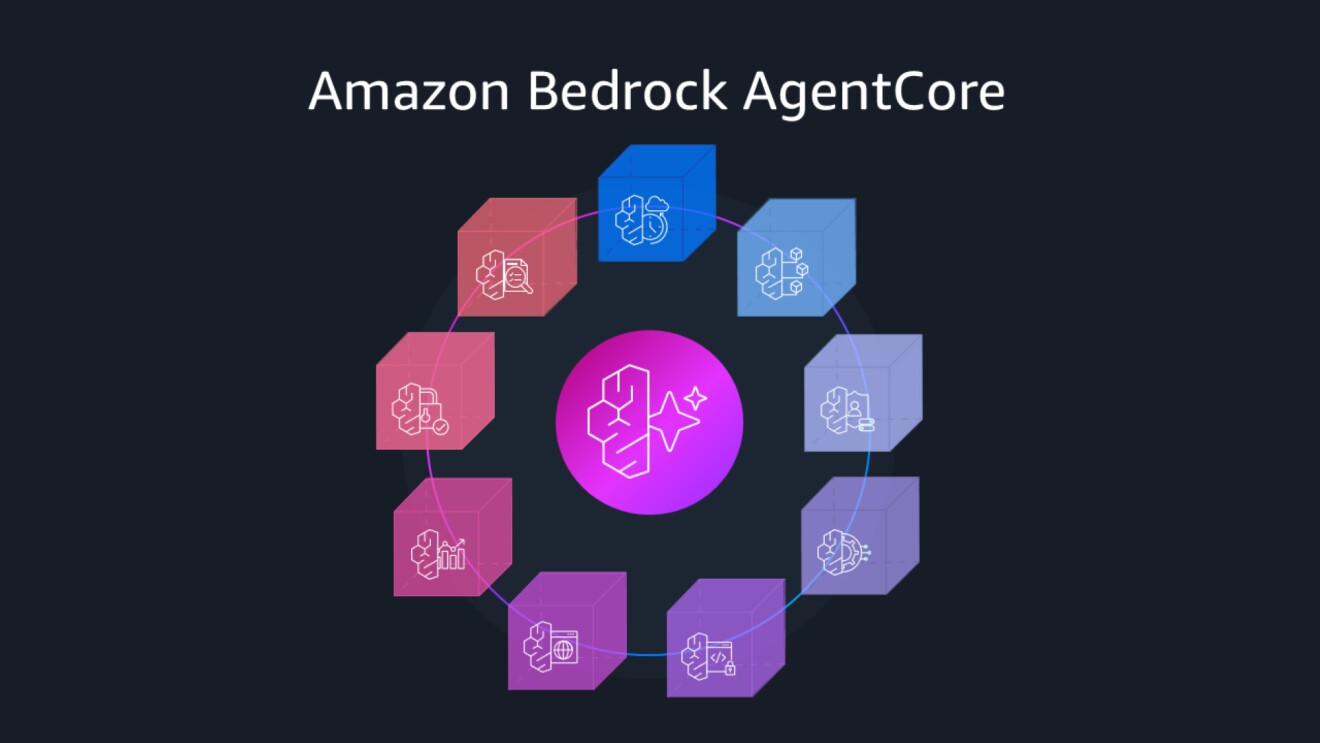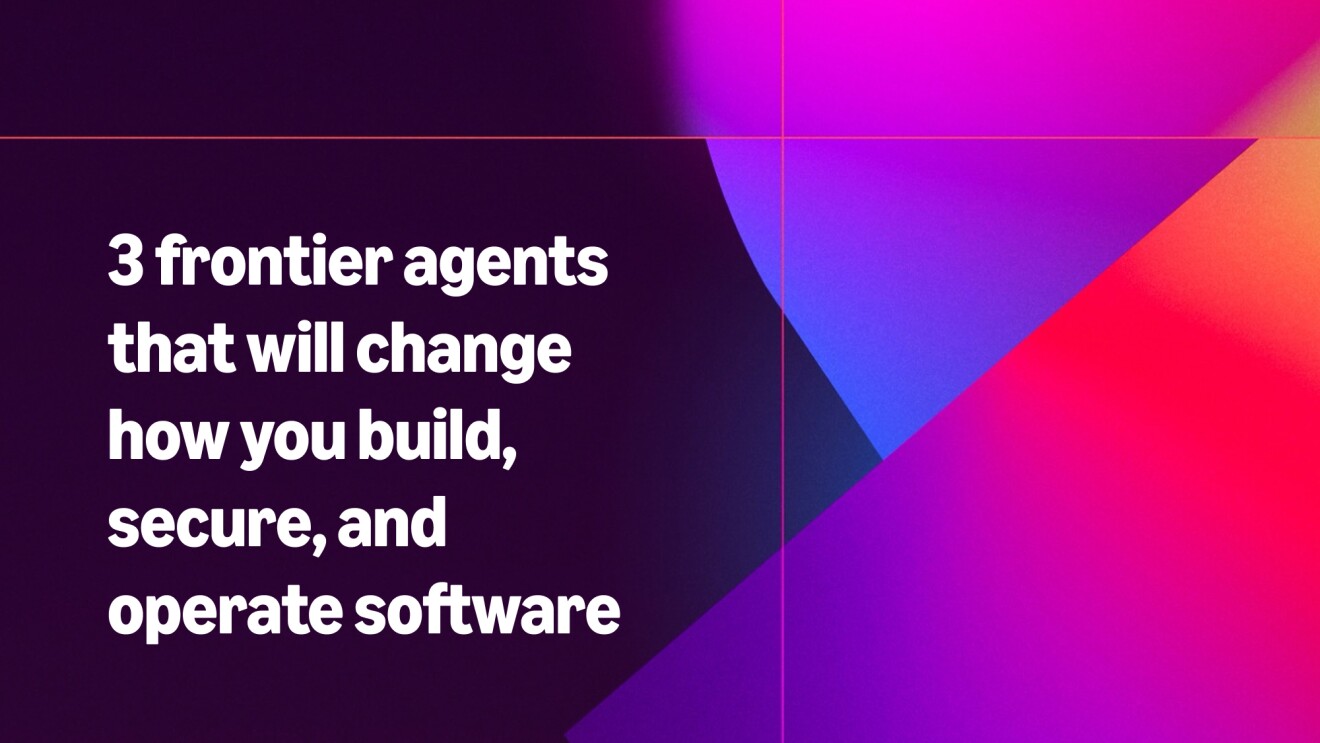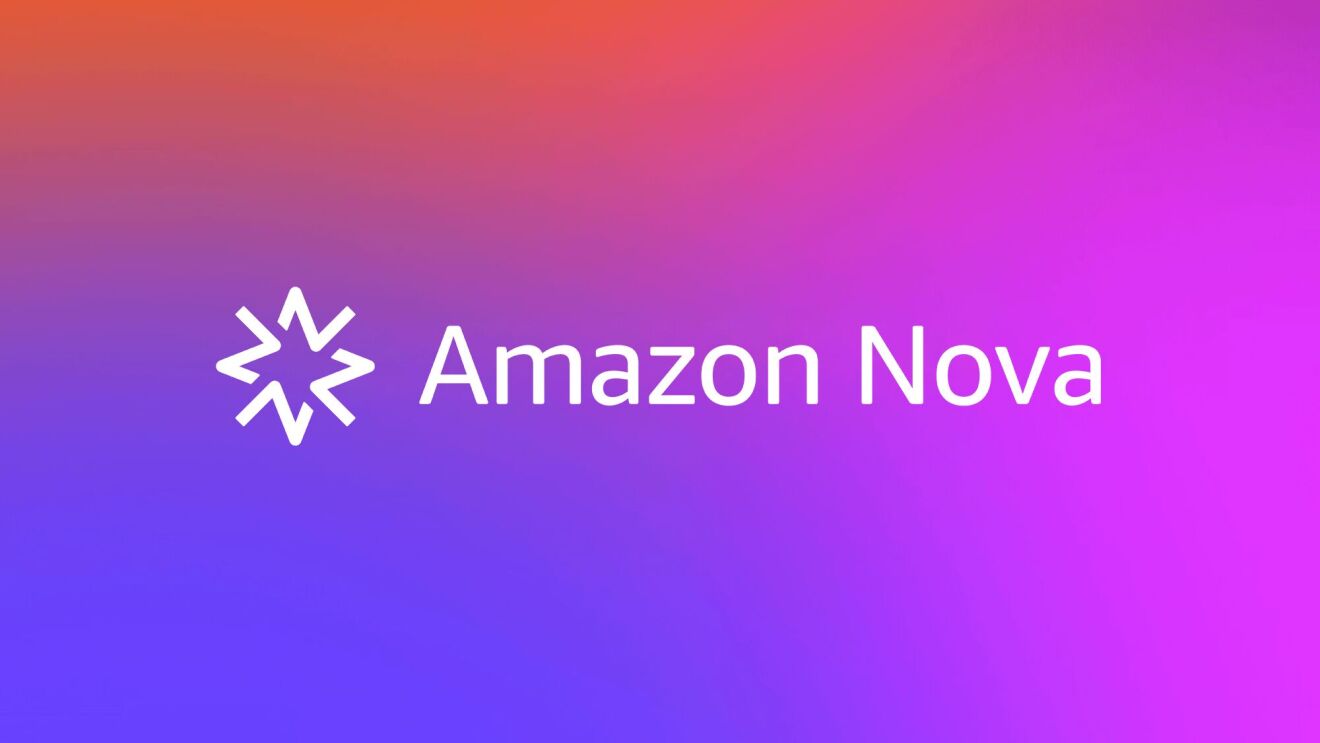Key Takeaways
- AWS is committing $1 million through its Generative AI Innovation Fund to digitize the Jane Goodall Institute's extensive research archives.
- The project will transform handwritten notes, films, and observational data on chimpanzees and baboons from analog to digital formats using Amazon Bedrock and Amazon SageMaker.
- AI-powered tools will make this valuable scientific data searchable and accessible to researchers around the world for the first time.
For 65 years, the Jane Goodall Institute has meticulously documented groundbreaking research on chimpanzees and baboons through handwritten field notes, unique film footage, and observational data across multiple databases. Much of this irreplaceable scientific data remains in analog formats, limiting access and risking loss over time.
Today, AWS announced a $1 million commitment through its Generative AI Innovation Fund to help preserve and transform this legacy.
The funding will be directed towards the support of a comprehensive digital transformation of the Jane Goodall Institute (JGI) research archives, provide personnel resources, and advance the organization's work with artificial intelligence technologies.
“AWS is proud to commit $1 million to support the Jane Goodall Institute's groundbreaking digital transformation, helping preserve 65 years of invaluable chimpanzee and baboon research. Using a variety of multimodal large language models and embedding models on Amazon Bedrock and Amazon SageMaker, along with thoughtful prompt engineering, we’re unlocking new possibilities through AI-powered analysis of JGI’s archive of handwritten notes and videos,” said Taimur Rashid, managing director of the Generative AI Innovation Center at AWS.
Transforming decades of research through cloud and AI
 Dr. Jane Goodall and field staff observe Goblin at Gombe National Park, Tanzania. CREDIT: the Jane Goodall Institute
Dr. Jane Goodall and field staff observe Goblin at Gombe National Park, Tanzania. CREDIT: the Jane Goodall InstituteAWS will collaborate with Ode, which will build the user experience by leveraging their extensive research, conservation, and award-winning design expertise. Together, they will help JGI adopt and use artificial intelligence to advance research and unlock new possibilities for the organization.
“We are grateful to AWS and Ode for providing resources to digitize and develop the technologies that will serve as a critical next step to help scale Dr. Jane Goodall’s holistic vision of integrated open research, community-led conservation and education,” said Dr. Lilian Pintea, vice president of conservation science at JGI-USA. “By unlocking these archives with generative and agentic AI technologies, we will amplify JGI's mission and create a digital legacy that ensures Dr. Goodall's pioneering work continues to inspire and guide future generations.”
The project builds on an existing proof-of-concept developed with the AWS Generative AI Innovation Center and will unfold in several phases:
Digitization of handwritten research archives
 In her early days at Gombe, Jane Goodall spent many hours sitting on a high peak with binoculars or a telescope, searching the forest below for chimpanzees.
In her early days at Gombe, Jane Goodall spent many hours sitting on a high peak with binoculars or a telescope, searching the forest below for chimpanzees.The initiative intends to convert JGI's six-year backlog of handwritten chimpanzee research records into a structured, searchable digital format. It will also digitize baboon research records, improving accessibility and management of data for Jane Goodall Institute researchers and partners. Additionally, the project will preserve and digitize historic films and media assets that date back to 1960 when Dr. Jane Goodall first arrived in Tanzania’s Gombe National Park.
Modernizing conservation research with an AI-powered digital ecosystem
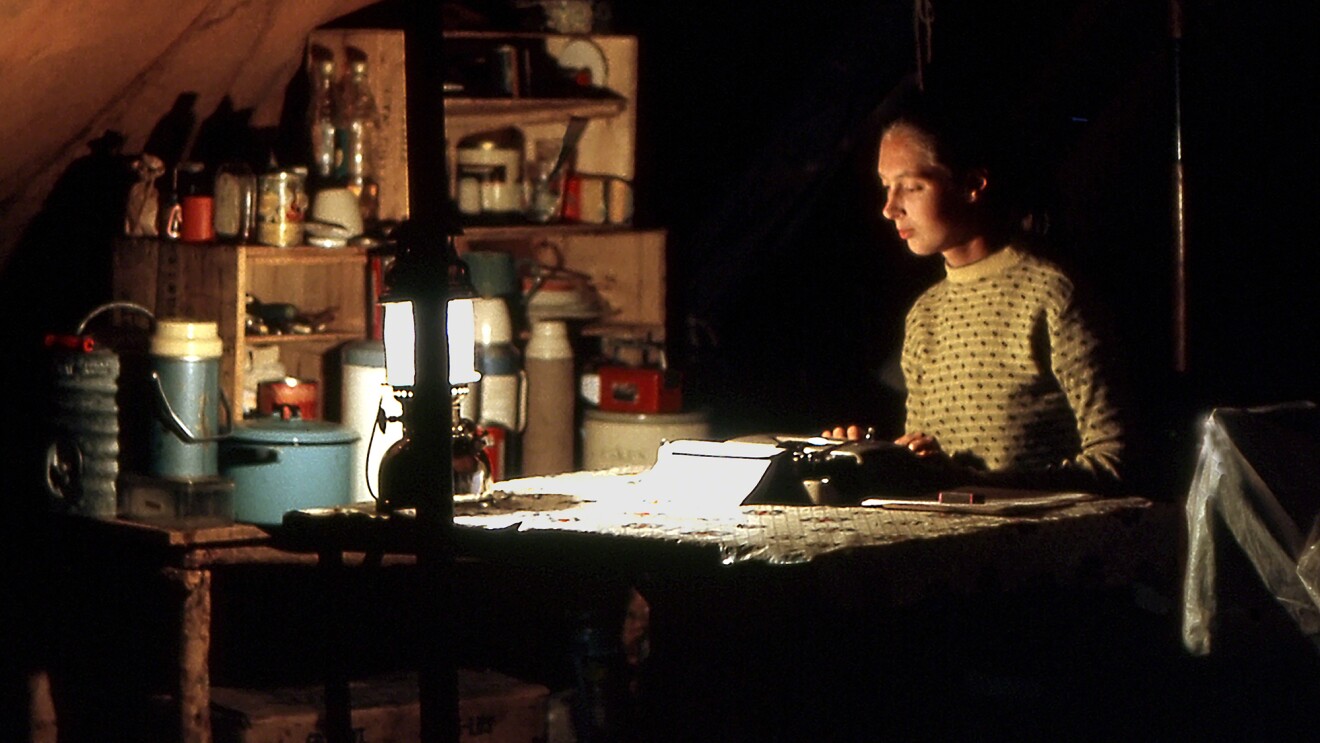 Each evening Jane Goodall wrote up her daily field notes in her tent at Gombe. CREDIT: JGI/Hugo van Lawick
Each evening Jane Goodall wrote up her daily field notes in her tent at Gombe. CREDIT: JGI/Hugo van LawickJGI’s research data will be fully migrated to AWS's secure and scalable cloud infrastructure. The project will support integration of multimodal data sources including geographic information systems (GIS), satellite images, historical research records, videos, and soundscapes into a unified research platform, allowing researchers to quickly and easily search across decades of data encoded in different formats.
The team will develop an AI system that works with JGI's databases to enable intelligent, natural language search and discovery across decades of research. They will also create an online foundation portal for global researchers to query, analyze, and cross-reference data in new ways.
This initiative represents a significant step forward in preserving Dr. Goodall's legacy while empowering the next generation of researchers and conservationists with modern tools to continue her important work.
To learn more about how AWS empowers customers to harness AI to address the world’s most urgent and complex challenges, please visit the AWS Impact page and explore AWS’s AI for Good initiatives.
Trending news and stories
